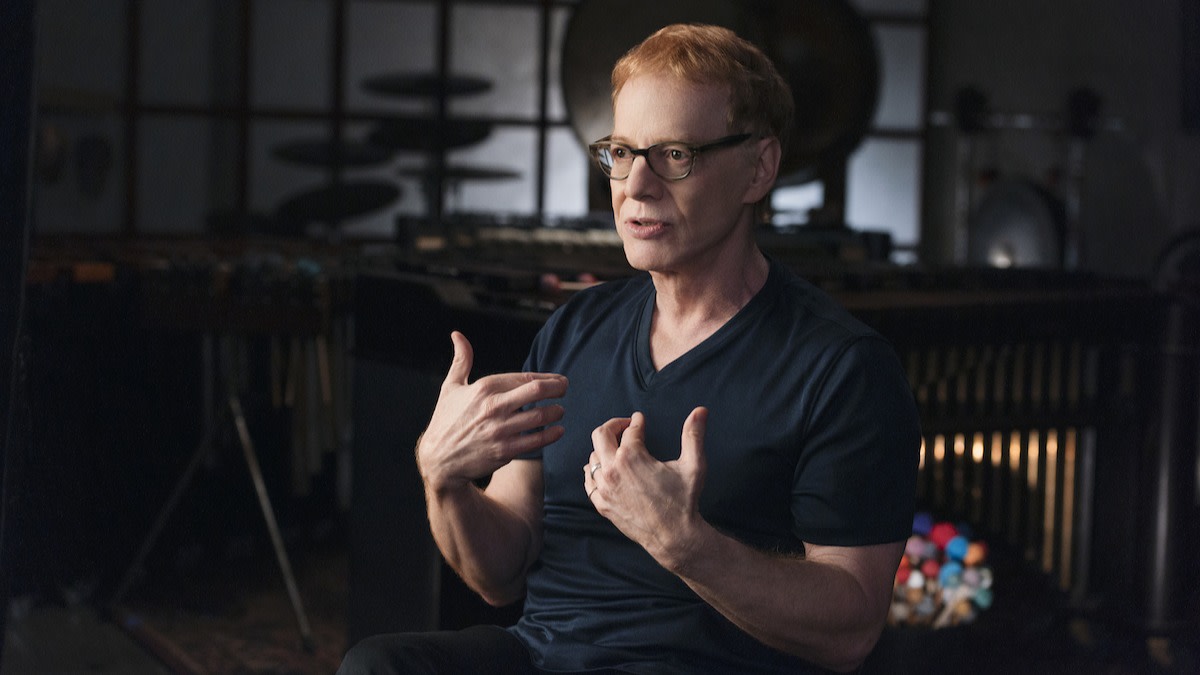Danny Elfman’s Tips for Working With Directors
Written by MasterClass
Last updated: Aug 26, 2021 • 3 min read
One of the most challenging aspects of a film composer’s job is communicating with the director. Their job is to get the filmmaker to discuss their feelings about their movie and then to write music that helps to convey those emotions.
Learn From the Best
How to Work With Directors: Danny Elfman’s Tips
Accomplished film composer Danny Elfman has written over 100 scores for feature films, from Edward Scissorhands to Good Will Hunting. Here are a few of his tips for working with directors.
- 1. Feedback is constructive—don’t take it personally. Probably the most stressful moment in the process for you as a film composer will be presenting the music you’ve written to the filmmaker for the first time. It’s entirely possible that they won’t like what you’ve done—and while their feedback might be tough to hear, it is yet another opportunity for you to listen closely to what your director has to say. Try not to take it personally; this is your job, and you’re getting feedback on how best to execute your job.
- 2. But do ask for direction. Keep in mind that defending your decisions rarely helps you or your position with your director. If they strongly criticize what you’ve done, ask for more direction on the changes they want. Find out what does work for them about the music—that will be a crucial clue on your direction going forward. It’s also a good way to deal with your own insecurities. By recognizing where you have pleased the director, you’ll know that you’re capable of doing so, and you can move forward by expanding on the material they liked. Another way to get better at taking feedback is to practice going through the feedback process by presenting your music to objective listeners—not friends—and indexing their reactions and suggestions. Learning to deal with feedback and criticism without getting defensive will help you prepare for the moment when you have to present your work to a director.
- 3. Extract emotional responses from conversations. Hopefully, the director will have some concrete suggestions for your score after hearing the first playback. But often, directors don’t have extensive music experience, so their only way of communicating about music is to compare it to something else they’ve heard. This can be difficult for film composers, because you need to know what’s working and what’s not in order to improve the music. If this happens to you, the trick is to try and get to the root of what the director was responding to emotionally in whatever score it is they’re talking about. Then, your job is to find another way to achieve the same emotional response. Getting to the bottom of the director’s desires will play a crucial part in your process.
- 4. Offer options. In Danny’s experience, directors will respond much more readily if they have several options to choose from, because it gives them room to zero in on exactly what they’re looking for by process of elimination. Danny recommends that you present multiple options to a filmmaker for particularly problematic cues or moments. Don’t worry about generating too many options; it’s rare for a director to be unhappy because they have too many choices, but they may be frustrated if you give them too few.
- 5. Remember the director is in charge. In Danny’s words, “When you’re talking with directors, if you’re smart, you’re doing more listening than talking. Because you really want to hear what they have to say.” If a director has a specific musical idea, your responsibility is to listen and come up with a way to demonstrate it—not to talk the director out of the idea. For instance, director Gus Van Sant wanted Danny to apply opera music to the drama Milk. Danny executed the idea, and while reviewing the results, it became obvious to both Danny and Van Sant that the concept wasn’t working. In the end, Danny had to go back to square one. But he was willing to experiment for the director and be flexible when it didn’t work out—and that’s a vital part of the composer-director relationship.
Want to Learn More About Music Composition?
Whether you're an aspiring film composer or simply want to learn more about musical composition, navigating the complex world of music and film can be daunting. No one knows this better than versatile and accomplished film composer Danny Elfman. Danny has scored over 100 films ranging from The Nightmare Before Christmas to Good Will Hunting. In Danny Elfman's MasterClass on music for film, the four-time Oscar nominee shares his approach to writing feature scores, working with directors, and identifying themes and melodies.
Want to become a better composer? The MasterClass Annual Membership provides exclusive video lessons from master composers, including, Danny Elfman, Hans Zimmer, Itzhak Perlman, Herbie Hancock, and more.
